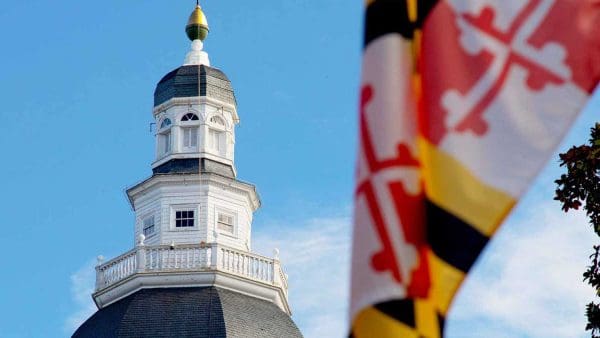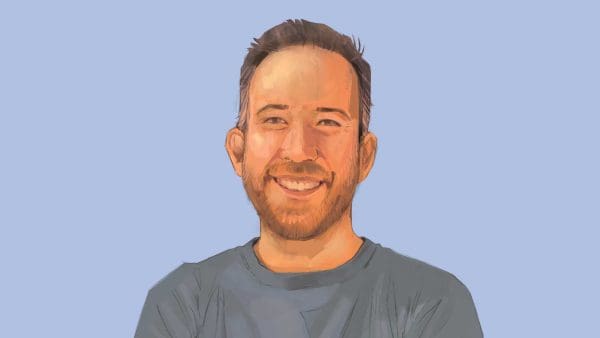
Tobacco thrives in the soil around the town of Blairs, Virginia, just north of Danville, the last capital of the Confederacy after Richmond fell. Bright futures often do not. In addition to socioeconomic factors, “my town had a very antiquated notion of race, let’s put it that way,” says LaTonya Russell ’00, noting that Confederate flags were a common sight in the area. “It’s not always a place people are able to get out of.”
But Russell did.
Now a pediatrician at the Sentara Family Medicine and Pediatric Clinic in Chesapeake, Virginia, since 2016, Russell serves as a role model for her young patients every day. She proudly points out that several of her former patients have become veterinarians, pre-medical and pre-law students, and nurses. She’s hopeful that out of the nearly 20 patients up to age 23 she sees in a full day at the center, more will choose medicine as a career option.
That so many get to see a Black pediatrician is a huge change from when she was their age living in Blairs, a census-designated community near the North Carolina border. “We rarely went to the doctor. My parents and grandparents would doctor us up,” she recalls about the homestyle remedies for what ailed her and her older sister. “I didn’t see a physician of color until I was in high school.”
Early Inspiration
When she was 12 or 13, Russell read about renowned Johns Hopkins pediatric neurosurgeon Ben Carson, now retired from medicine. It changed her career plan from teacher to doctor. “I always liked science. I always wanted to know the why, always taking things apart to see how they worked,” she explains.
Russell was determined to get out of Blairs. She applied to several universities, including Johns Hopkins, and was accepted by all of them.
She chose Hopkins, lured by Carson’s historic neurosurgical procedures at the Hopkins Children’s Center. “It looked like a really good place to become a doctor,” she says. “But really, I did not think I would get in, having grown up in a really small town in an area known more for tobacco and textiles.”
Her confidence did not increase upon her arrival in Baltimore. “The whole process was daunting. I was scared. I didn’t have any family in the area. I didn’t have any friends initially. I did not come from money and here are these people with vacation homes, people who paid to go to their high school,” she says. “More than the place itself, it was the people. And how did I fit in due to my academic preparation and life experiences.”
Community Health
She learned quickly. “It was a microcosm of the real world. It was very hard. If you did not ask for help, you were not going to get it. There was no pussyfooting around,” she says. “You had to learn to deal with all sorts of people. But the friends I made, the awesome faculty members I got to know and love, the support we received, those were the most important things.”
Her medical school plans melted under the pressure of biology, physics, and chemistry classes. “I wanted to be more involved in community health, and I found the public health and natural sciences major,” she says about her degree path.
After graduating from Johns Hopkins, she went to Atlanta, where she completed a master’s degree in public health at Emory University. While there, she worked in adolescent health, providing everyday life skills and sex education for children, and AIDS prevention. Urged by some physician mentors to combine prevention and intervention approaches, she applied for medical school at the University of Virginia.
Supporting the Uninsured and State Insured
“It was a great opportunity,” says Russell, who is now also the pediatric director for the community care clinics Sentara offers throughout Virginia for the uninsured and state insured. Working with children also proved to be the right choice. “Medicine is hard. Whether you’re discouraged by something you couldn’t fix or do for your patient, or because medicine is big business, there are a lot of disappointments,” she says. “But I love the kids. The kids are the best part of my day. I love my job.”
She wants others—especially those who are part of a traditionally marginalized community, to follow. She and her father, Sidney, founded the Mary Russell and Lillie Brown Memorial Bicentennial Scholars Fund for medical school students at University of Virginia. Named in honor of her two grandmothers, it will help those from economically and socially disadvantaged communities.




